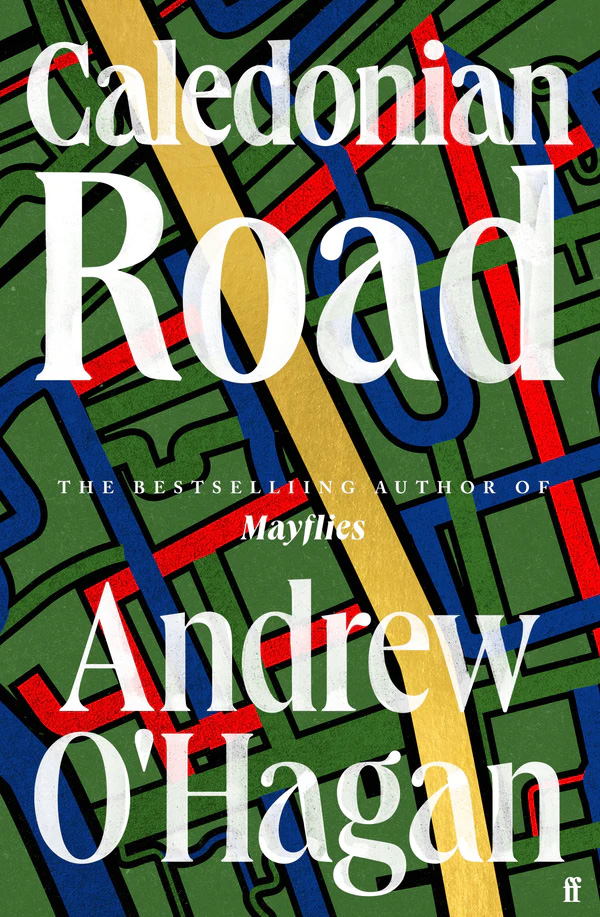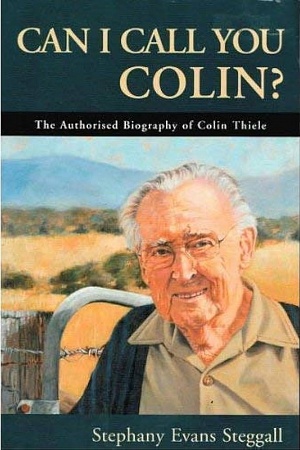ABR receives a commission on items purchased through this link. All ABR reviews are fully independent.
Life support
One of Caledonian Road’s primary characters, Milo Mangasha, tends to speak in political slogans, which his childhood friend identifies as ‘college talk’. Readers may recognise in Milo the rhetoric of characters in Andrew O’Hagan’s previous novel, Mayflies (2020), a popular and critical success that was subsequently adapted for television. Like Mayflies, Caledonian Road is stridently certain about its political and moral positions. It reads like a passionate argument for purification. In this fictional world, set in contemporary Britain, a person who maintains ties with corrupt and wealthy conservatives, while voicing left-wing principles and ideals, risks a ‘crack-up’. Failing the test of moral consistency turns you into a cipher, a hollow man, a danger to yourself and others.
This is the position that Campbell Flynn – an art historian and public intellectual with a working-class background – finds himself in. Campbell enjoys modest fame among young people due to ‘a BBC podcast that often went viral’ but is constantly worried ‘about money and his failure to be as well-off as he should be’.
Continue reading for only $10 per month. Subscribe and gain full access to Australian Book Review. Already a subscriber? Sign in. If you need assistance, feel free to contact us.
ABR receives a commission on items purchased through this link. All ABR reviews are fully independent.
















Leave a comment
If you are an ABR subscriber, you will need to sign in to post a comment.
If you have forgotten your sign in details, or if you receive an error message when trying to submit your comment, please email your comment (and the name of the article to which it relates) to ABR Comments. We will review your comment and, subject to approval, we will post it under your name.
Please note that all comments must be approved by ABR and comply with our Terms & Conditions.